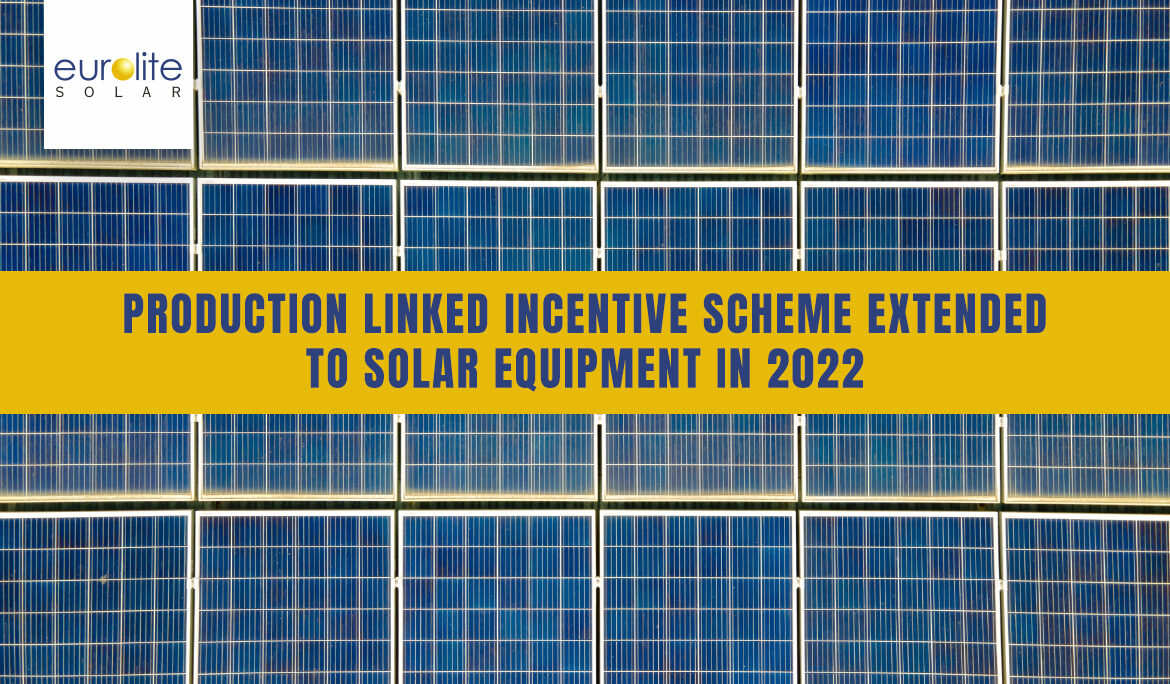Finance Minister Nirmala Sitharaman announced an increased allocation of Rs 19,500 crore to produce solar PV modules under the Production Linked Incentive (PLI) program in the Union Budget 2022-23.
The minister stated, the country intends to have connected solar volume at 280 gigawatts (GW), and to assist attain this set goal till 2030. An additional establishment of Rs 19,500 crore would be provided for PLI to manufacture high-efficiency modules, with priority given to completely unified manufacturing plants.”
Prominent Inclusions In PLI Scheme
For increasing domestic production of solar PV modules, the government approved a Rs 4,500 crore PLI program in April 2021. The PLI plans were unveiled in an effort to boost domestic manufacturing and create jobs.
Companies are rewarded for increasing domestic manufacturing under this program. As India imports the majority of its solar modules from China, this program will be beneficial.
The Narendra Modi administration launched the first three PLI initiatives in March 2020. Over the next five years, PLI across 14 industries may generate an extra 30 lakh crore in production, according to Sitharaman.
Power Minister RK Singh said that we need to increase our production capacity and limit solar equipment imports. According to him, “PLI is for the Indian solar industry and to repel customs hurdles.” The government anticipates investing Rs 1.5 lakh crore in the industry and creating several jobs.
Role Of Green Bonds
Additionally, India plans to issue Green Bonds to raise money for environmentally friendly infrastructure as part of the country’s broader market borrowings. Proceeds from the sale will be used to fund public-sector initiatives aimed at decreasing the economy’s carbon intensity.
As we require funding for energy storage, Green Bonds would lower the cost of renewable energy in the country. This will allow India to make the transition to a sustainable energy system.
During the announcement of the Budget 2022, Sitharaman said: “This Union Budget strives to set the basis and present a roadmap of the economy for the next 25 years. It is a continuation of the 2021-22 budget’s aim.
When it comes to its core values of fiscal transparency and fiscal responsibility, it is a reflection of the government’s objectives, strengths, and problems.”
Key Takeaways
To conclude, Sitharaman promised significant funding to expand clean and efficient sources of energy like solar and wind, as well as electric transportation and data centers.
Eurolite Solar conceptualizes and develops solar power projects from ideation through installation and maintenance, employing the finest available technological solutions and meeting all international standards.




